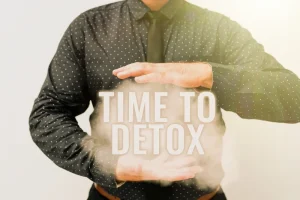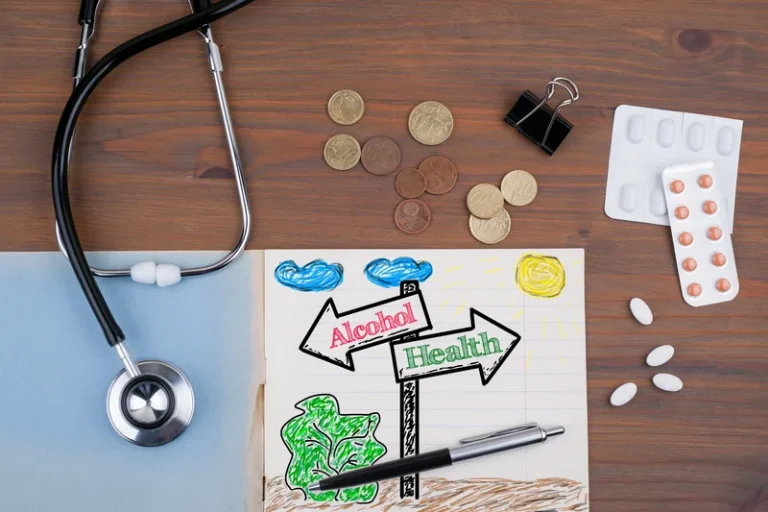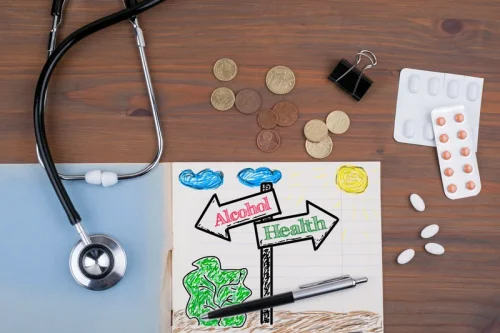
Most residential rehab programs treat sleep hygiene as a core component of their programming, especially in early recovery. They can also connect you with resources like support groups (12-Step and non-12-Step) to support your long-term recovery. If you’re dependent on alcohol, it’s important to detox under medical supervision. Medical professionals can help you manage alcohol withdrawal and insomnia, and set you up for success in recovery.

NREM Stage N1
Exercise regulates your natural sleep-wake cycle8 and reduces withdrawal-related anxiety. Listen to your body, start slow, and gradually increase intensity as you feel stronger. Chemical messengers in your brain, like GABA and glutamate, play crucial roles in regulating sleep. When you start drinking, alcohol mimics the effects of trouble sleeping without alcohol GABA and makes you feel sleepy. But when you drink regularly over time, your brain adapts to alcohol. As a result, it produces less of—and becomes less sensitive to—these important sleep chemicals.
How To Sleep When Stressed and Anxious
By working closely with a sleep specialist, you can receive expert guidance and support in overcoming your reliance on alcohol as a sleep aid. After several months of sobriety, many individuals experience a full restoration of their natural sleep-wake cycle. The body’s circadian rhythm becomes well-established, making it easier to fall asleep and wake up at consistent times. This regularity in sleep patterns contributes significantly to overall sleep quality and daytime functioning. The first week after quitting alcohol can be challenging for sleep. Paradoxically, some individuals may experience increased sleep disturbances during this period.
The Science Behind Insomnia After Alcohol Detox

Sometimes it is hard to fall or stay asleep because your thoughts are racing. You find it hard to keep your mind quiet long enough to fall asleep. This can also make it hard to fall back asleep if you are woken up in the middle of the night.

Non-Rapid Eye Movement Sleep (NREM)

Worst of all, alcohol blocks REM sleep, considered the most impactful phase of the sleep cycle. REM sleep is known to be the optimal restorative portion of sleep. So drinkers often feel groggy and unrested even after a long night of ‘drunken’ slumber. What starts as a temporary solution can quickly turn into a long-term problem, necessitating professional intervention. Ignoring the signs can lead to severe consequences for both mental and physical health.
- Delirium tremens is the most severe form of alcohol withdrawal and occur in a small percentage of individuals.
- And make sure you’re staying hydrated by drinking plenty of water during the day.
- After about a week, the symptoms start to calm down, and by the end of the first month, most people see significant improvement, if not complete disappearance, in insomnia.
- Offers evidence-based, step-down care from residential to outpatient to aftercare.
- Fortunately, she said, the intensity of the cravings shouldn’t last.
- There are many other lifestyle strategies for insomnia such as yoga, meditation, and sauna or steamroom therapy.
- Anyone’s had that when you start losing that, your breathing gets compromised as you’re laying there.
Create a Calming Bedtime Routine
Finally, if you’re still struggling to sleep, talk to your doctor and seek professional medical advice such as medication or therapy. Sober nights unfold like a time-lapse flower blooming, revealing the vibrant colors of restorative sleep long masked by alcohol’s dulling effects. This poetic imagery captures the transformative journey many experience when they decide to quit drinking alcohol. The path to better sleep after giving up alcohol is not always smooth, but it is undoubtedly rewarding.
- This reliance can escalate, with alcohol gradually becoming a crutch and not a solution.
- Symptoms may include frequent awakenings during the night, irritability or depression, daytime fatigue, or problems with attention and memory.
- Lack of REM sleep affects memory formation and leaves you feeling drowsy and exhausted the following morning.
- We will now proceed to explore some additional supplements that I’ve tried for myself at least several times each, and which I feel confident in recommending.
How Does Alcohol Impact Sleep?

Some individuals may still experience occasional sleep disturbances or hangover anxiety, especially if they’re dealing with other stressors or adjusting to new sleep routines. However, the overall trend is typically towards better sleep quality. During this phase, the body is adjusting to the absence of alcohol, and the brain is recalibrating its neurotransmitter balance. Some people may experience vivid dreams or nightmares as REM sleep, which was previously suppressed by alcohol, begins to rebound. Alcohol might seem like a handy sleep aid, initially helping you doze off, but it’s a double-edged sword when it comes to quality rest. It amphetamine addiction treatment disrupts the natural sleep architecture by reducing REM sleep, which is essential for mental rejuvenation, leading to vivid dreams or nightmares later in the night.

